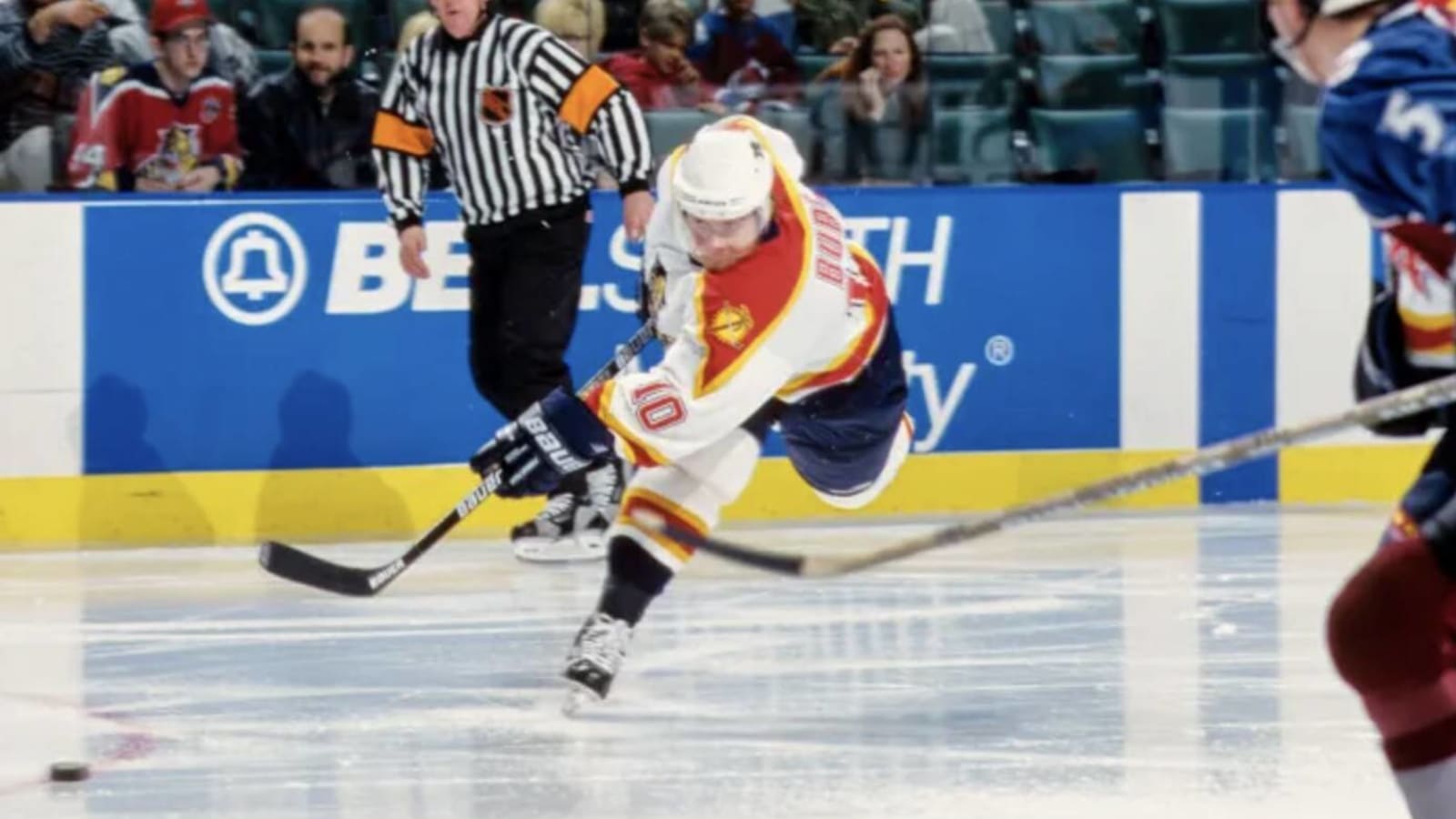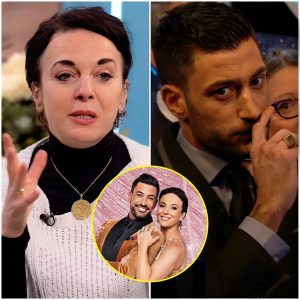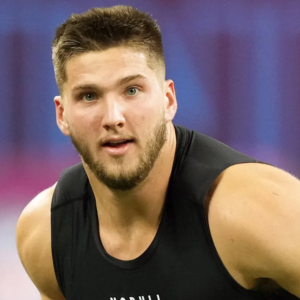On Saturday, the Vancouver Whitecaps will welcome Wrexham AFC, the Welsh soccer club co-owned by famed Vancouverite Ryan Reynolds, for an international friendly match at BC Place. The Red Dragons have become a household name thanks to the documentary series ‘Welcome to Wrexham’ that follows Reynolds, Rob McElhenney and the citizens of Wrexham as the team aims to reach the Premier League from the bottom tier of English football.
While soccer’s wide reach provides many opportunities for international exhibition games, hockey does not. Outside of the rare preseason match in Europe, NHL teams don’t get the opportunity to play pro teams from other leagues very often.
But back from the late 70s to early 90s, exhibitions against one collection of countries were a regular part of the NHL schedule: the Super Series against teams from the Soviet Union.
Back before Russian, Czech and Slovak hockey players were free to move across the pond to join NHL rosters, the Soviets maintained one of the strongest hockey programs in the world and flexed their muscles during semi-annual tours of North America. Multiple Soviet pro teams made the trip and play 4-7 games against NHL opponents during the middle of the season.
The Canucks hosted five such games between 1977 and 1991 against four different opponents: one each against Spartak Moscow, Dynamo Moscow and Dynamo Riga, and a pair against Central Red Army, the roster largely made up of Soviet national team players.
So how did the Canucks fare? Surprisingly well, actually. Vancouver’s .600 winning percentage (3 wins, 2 losses) puts them fourth among the 21 NHL teams who took part in the Super Series over the years.
Their first test came in December 1977 when Spartak Moscow came to town, just a season removed from winning the Soviet League championship. The Canucks defeated Spartak 2-0, with both goals off the stick of Rick Blight and a shutout for Curt Ridley, marking the first time an NHL team held a Soviet club entirely off the scoresheet.
Two years later, Dynamo Moscow arrived for a tune-up ahead of the 1980 Olympics. The most recognizable player on the Dynamo roster to fans in attendance was USSR forward Alexsander Maltsev, whose skill would take him to three Olympics and several World Championships. After Dynamo jumped out to a 2-0 lead in the first ten minutes of the game, the Canucks found a whole other gear and ran over the Soviets with six unanswered goals.
A couple interesting notes from this game. Brad Smith played a hero role by scoring twice, which would end up equaling the amount of goals he’d score during his entire Canucks tenure in games that counted. And Dynamo’s goalie for the evening was Vladimir Myshkin, who’d become known in North America for a different reason a few months later; allowing the game winning goal to Mike Eruzione in the ‘Miracle on Ice’.
Clearly wanting to avoid another showdown with Curt Ridley (winner of both previous visits) a Soviet team wouldn’t return to Vancouver until December 1988, when Latvian based Dynamo Riga arrived. Facing a pair of future Canucks in forward Anatoli Semenov and goaltender Arturs Irbe, Vancouver welcomed them to North America the hard way with half a dozen goals in a 6-1 rout. Brian Bradley had three points on the night, including two goals, while Tony Tanti, Jim Sandlak and Ronnie Stern each added a goal and a helper.
The Canucks seemed to be truly unbeatable against Soviet competition. They even poached a few of the national team’s superstars before the end of the decade, signing both Igor Larionov and Vladimir Krutov away from the USSR. But that might’ve been the straw that broke the camel’s back because in 1989 and 1990, the Russians sent the big guns.
Central Red Army may not have been the same program it was during its heyday in the ’70s and ’80s, but they still employed the majority of the national team and were led by Soviet head coach Viktor Tikhonov, who ran the bench with an iron fist and was determined to make an example of his former stars.
Sure enough, Red Army crushed the Canucks 6-0, with future NHLers Sergei Fedorov, Evgeny Davydov, and Valeri Kamensky leading the scoring charge. Even Arturs Irbe exacted some revenge for the Riga fiasco with a shutout.
The two sides played a much closer rematch in 1991, in what would end up being Red Army’s final game against NHL competition before the Iron Curtain fell.
The Soviets dominated the pace of play, but Troy Gamble kept the Canucks alive with a few crucial five alarm saves. Garry Valk and Greg Adams scored in the second period to briefly give Vancouver a lead, while Jay Mazur tied the game in the third to force overtime. But much like he’d do as a member of the Colorado Avalanche a few years later, Valeri Kamensky frustrated the Canucks with a pair of goals including the OT winner in a 4-3 final.
With more Russian players jumping to the NHL every year, and the eventual fall of the Soviet Union, the Super Series met its eventual end. Those games proved to be the last visit to Vancouver by any international club, though the Canucks themselves would travel to Sweden in 2000 for a pair of preseason games against MoDo and Djurgården.
The Canucks won both contests, highlighted by the efforts from two young former MoDo stars: Henrik and Daniel Sedin.
Sponsored by bet365





